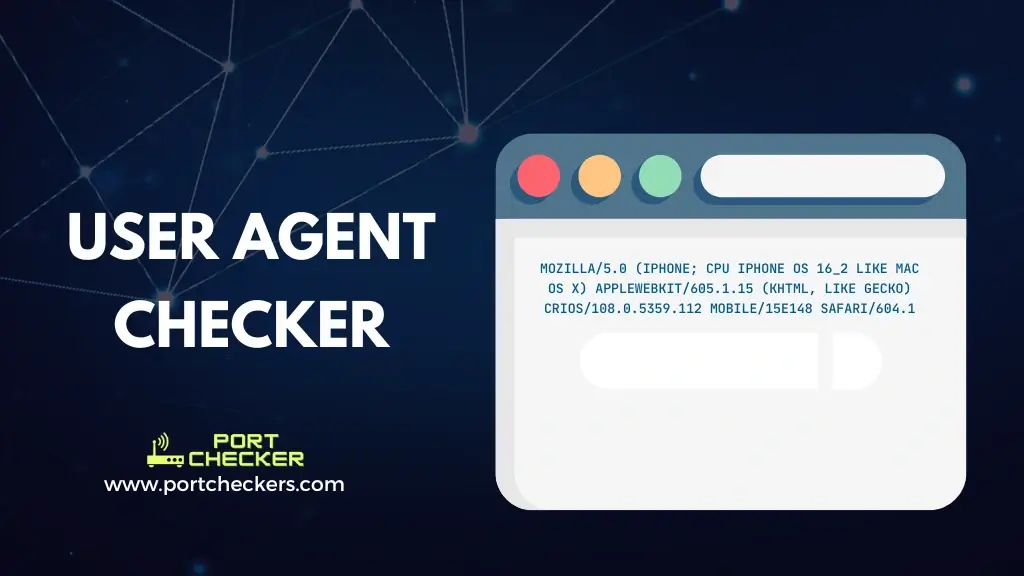What is My User Agent?
Mozilla/5.0 AppleWebKit/537.36 (KHTML, like Gecko; compatible; ClaudeBot/1.0; [email protected])
Parse User Agent
UA Family: ClaudeBot UA Major: 1 UA Minor: 0 OS Family: Other OS Major: OS Minor: Device Family: Spider Device Model: Desktop Device Brand: Spider
my user agent tool allows you to determine the user agent string that your browser sends to web servers when requesting resources.
The user agent string identifies the browser and operating system being used, as well as other information about the device. This information is included in the User-Agent header of HTTP requests made by the browser.

Some reasons for using a "What is my user agent" tool include:
-
Debugging: If you are a web developer or tester, you may use this tool to verify that your browser is sending the correct user agent string, or to troubleshoot issues related to user agent detection on a website.
-
Information gathering: You may be interested in knowing what user agent string your browser is sending for your own curiosity or to share with someone else.
-
Spoofing: Some people may use a "What is my user agent" tool to find the user agent string of a different browser or operating system, and then use this information to modify their own browser's user agent string in order to pretend to be using a different device. This is known as user agent spoofing and is sometimes used for privacy or security reasons, or to bypass website restrictions.
WHy user-agent headers are used by web servers?
The user agent is used by web servers to identify the client software and version, as well as the client's operating system and device type, when processing HTTP requests. This information is included in the User-Agent header of the request.
There are several reasons why a web server might use the user agent string:
-
Compatibility: The server may use the user agent to determine if the client's browser is compatible with certain features or technologies used on the website.
-
Customization: The server may use the user agent to tailor the content or layout of the website to the client's device. For example, a server might serve a different version of a page to a mobile device than to a desktop computer.
-
Analytics: The server may use the user agent to track statistics about the browsers and devices being used to access the website.
-
Security: The server may use the user agent to block or allow access to the website based on the client's software or operating system.
It's important to note that user agent strings can be easily spoofed, so servers should not rely solely on the user agent for security or compatibility purposes.